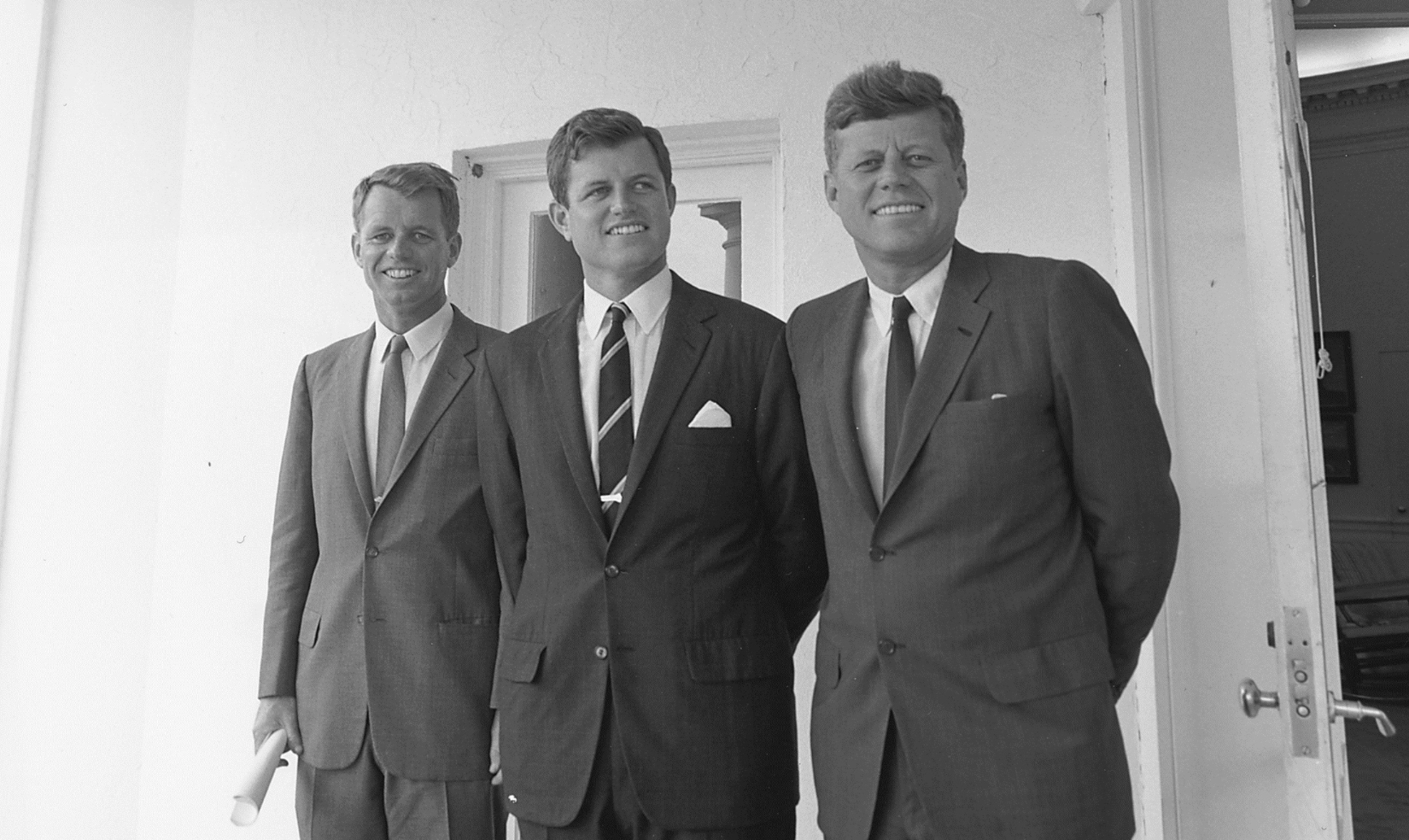The Kennedy family, one of America's most storied and influential political dynasties, has endured its fair share of triumphs and tragedies. Throughout the years, their legacy has been marred by untimely deaths, leading many to question what Kennedys were assassinated and why these tragic events occurred. Delving into the lives and legacies of the Kennedys who were assassinated reveals a complex tapestry of power struggles, political ambitions, and personal vendettas.
The tragic assassinations of key members of the Kennedy family have left an indelible mark on American history. These events have not only reshaped the political landscape but have also fueled countless conspiracy theories and speculations. By exploring the lives of these influential figures, we can better understand the impact these losses have had on the nation and the family itself.
In this article, we will explore the biographies of the Kennedys who were assassinated, delve into the circumstances surrounding their untimely deaths, and examine the lasting implications of these events on both the Kennedy family and the United States as a whole. Join us as we unravel the mysteries and legacies of these iconic figures and their tragic fates.
Who Was John F. Kennedy?
John F. Kennedy, often referred to as JFK, was the 35th President of the United States. Born on May 29, 1917, in Brookline, Massachusetts, he was the second son of Joseph P. Kennedy Sr. and Rose Fitzgerald Kennedy. John F. Kennedy was a charismatic leader known for his inspiring speeches and forward-thinking policies. His presidency was marked by significant events such as the Cuban Missile Crisis and the establishment of the Peace Corps.
| Full Name | John Fitzgerald Kennedy |
|---|---|
| Born | May 29, 1917 |
| Assassinated | November 22, 1963 |
| Presidency | January 20, 1961 – November 22, 1963 |
How Was John F. Kennedy Assassinated?
The assassination of John F. Kennedy took place on November 22, 1963, in Dallas, Texas. As the president's motorcade passed through Dealey Plaza, he was struck by two bullets, one in the neck and the other in the head, which proved fatal. Lee Harvey Oswald was arrested for the crime, but his motives remain a subject of debate to this day. The shocking event left the nation in mourning and led to extensive investigations, including the Warren Commission, which concluded that Oswald acted alone.
Who Was Robert F. Kennedy?
Robert F. Kennedy, often referred to as Bobby, was the younger brother of John F. Kennedy. He served as the 64th United States Attorney General from 1961 to 1964 and as a U.S. Senator from New York from 1965 until his assassination in 1968. Known for his advocacy of civil rights and social justice, Robert F. Kennedy was a prominent figure in American politics and a key advisor to his brother, JFK.
| Full Name | Robert Francis Kennedy |
|---|---|
| Born | November 20, 1925 |
| Assassinated | June 6, 1968 |
| Political Positions | U.S. Attorney General, U.S. Senator |
How Was Robert F. Kennedy Assassinated?
Robert F. Kennedy was assassinated on June 5, 1968, shortly after delivering a victory speech following his win in the California Democratic primary for the 1968 presidential election. He was shot multiple times in the kitchen pantry of the Ambassador Hotel in Los Angeles. Sirhan Sirhan, a 24-year-old Palestinian, was arrested and later convicted for the assassination. The motives behind the assassination remain a topic of speculation and intrigue.
What Impact Did the Assassinations Have on the Kennedy Family?
The assassinations of John F. Kennedy and Robert F. Kennedy had a profound impact on the Kennedy family. These tragic events not only robbed the family of two of its most prominent members but also created a legacy of loss and heartache that has echoed through generations. The Kennedys have since been known for their resilience and continued dedication to public service, but the shadow of these assassinations continues to loom large.
What Were the Political Implications of These Assassinations?
The assassinations of John F. Kennedy and Robert F. Kennedy had significant political implications. John F. Kennedy's assassination led to the presidency of Lyndon B. Johnson, who would go on to sign landmark civil rights legislation into law. Robert F. Kennedy's assassination deprived the nation of a potential future president who had promised to address issues of poverty and inequality. The loss of these two influential figures marked a turning point in American history and left many wondering what might have been.
Are There Other Kennedys Who Faced Assassination Attempts?
While John F. Kennedy and Robert F. Kennedy are the most notable members of the Kennedy family to have been assassinated, other Kennedys have faced threats and attempts on their lives. Edward "Ted" Kennedy, the youngest of the Kennedy brothers, survived a plane crash and a car accident, both of which fueled speculation about a "Kennedy curse" that seemed to haunt the family. Although these incidents were not assassination attempts, they contributed to the family's legacy of tragedy.
Why Do Conspiracy Theories Persist Around Kennedy Assassinations?
The mysterious circumstances and high-profile nature of the Kennedy assassinations have led to a proliferation of conspiracy theories. Speculations range from involvement of organized crime and foreign governments to more far-fetched ideas involving shadowy government agencies. The fact that both assassinations remain shrouded in mystery and controversy has only served to fuel these theories, capturing the public's imagination for decades.
In conclusion, the assassinations of John F. Kennedy and Robert F. Kennedy have left an indelible mark on both the Kennedy family and American history. By examining the lives, legacies, and tragic deaths of these influential figures, we can gain a deeper understanding of the impact these events have had on the nation and the enduring legacy of the Kennedy family.




